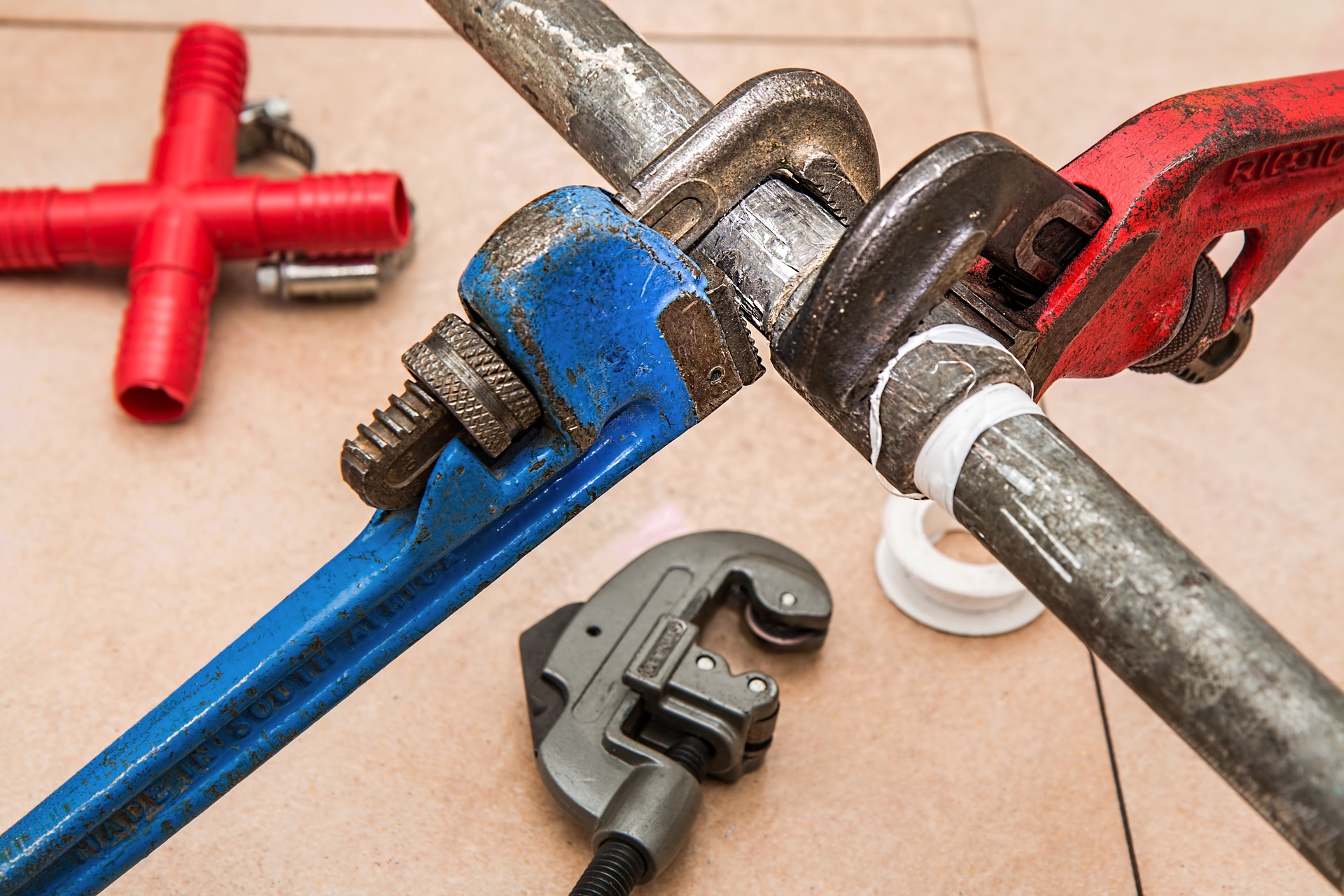
 As with many home renovation tasks, there are regulations to cover plumbing, and those extend to DIY plumbing basic jobs, too. These regulations cover what you are allowed to do and what must be handled by a professional plumber. Understand, these are not recommendations; they are regulations. There are specific tasks that only a licensed plumber can attend to legally.
As with many home renovation tasks, there are regulations to cover plumbing, and those extend to DIY plumbing basic jobs, too. These regulations cover what you are allowed to do and what must be handled by a professional plumber. Understand, these are not recommendations; they are regulations. There are specific tasks that only a licensed plumber can attend to legally.
There is a cost associated with calling the professionals, so the reluctance to phone for help. However, if you don’t get the job right, you will only rack up higher repair costs further down the line.
DIY plumbing basics
- You can replace your shower head.
- You can change tap washers.
- You’re permitted to clean and maintain drain grates and traps on ground level.
- You can replace the caps on sanitary drain openings.
- You can handle DIY drain cleaning that requires the use of a plunger or snake.
- You’re permitted to maintain an irrigation system that is downstream from an isolating valve or tap.
What you can’t DIY
The Home Building Act of NSW 1989 covers what DIY is and isn’t allowed in plumbing and electrical work. This law will help you follow the regulations. Unless you have a contractor license, you cannot undertake repairs.
Contractors are insured to undertake work. If you do not adhere to the regulations, you can be fined, but beyond that, you can be charged by the plumbing regulator for the inspection to discover the work was not completed legally. On top of that, you will have to pay a professional to do the job properly, so you’re getting hit with three different costs.
There are DIY forums all over the internet with detailed how-to guides, but there are still rules to abide by, as easy as it may seem. It doesn’t matter if you used to be a plumber; it doesn’t matter if you have vast experience tackling similar jobs.
Unless you have a license to do the work, you cannot legally complete the job. Plumbing work requires a compliance certificate, and you cannot apply for this retroactively.
A professional can provide you with the necessary certificate to show the work and when it was done, thus proving it was completed to the correct standards. Those certificates matter in the case of an inspection, but you can’t forget about your insurance either.
If your repair is faulty, your insurance company will refuse your claim if you do not have the necessary certificates to prove the work was done correctly.
The professionals
A professional understands the potential issues that could contribute to a plumbing issue in your home. You can, of course, do a bit of detective work if you suspect there’s an issue.
For example, if your water pressure is low, you can test all of the taps to determine if there’s a problem tap or a system issue. If your bills increase, you can turn the water off and check the metre to see if it’s at fault. Once you do your investigation, you can move forward.
When you reach out to a professional, ensure they have a current license, look at their online reviews, discuss pricing upfront, ask whether they offer a guarantee for the work they do. When should you call in a professional plumber?
If your plan is dangerous, then you should call in a professional
That might be dangerous because you can legally complete the job, but you aren’t confident in your ability to do so. Or, it might be dangerous in the fact that you may have asbestos insulation or a complicated task you don’t feel up to tackling.
The difficulty level is another significant consideration
Do you have the right tools, equipment, and skills to complete this task? Sometimes, even the most basic tasks are better left to the professionals. Even basic jobs like drain cleaning can backfire if you use the wrong product with the type of pipes you have.
If your DIY does not meet legal requirements, you can be fined, forced to pay for proper repairs, and if an inspector is involved, you can be charged for their time. If you need a hand with plumbing, get in touch with JRT Plumbing today!





